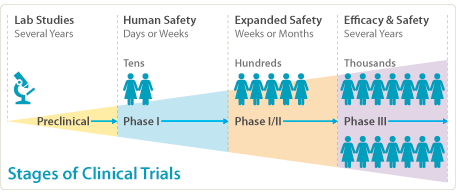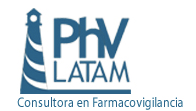On the 22nd of March, 2014, the COFEPRIS, representing the Mexican Secretariat of Health, has signed a collaboration agreement with the e-commerce company “Mercado Libre” of México. The agreement, signed by the COFEPRIS Federal Commissioner Mikel Arriola, and the general director of MercadoLibre in Mexico, Francisco Ceballos, seeks to eliminate non-authorized advertisement of healthcare products, to protect Mexican consumers and their health.
Some of the goals of the agreement are: reducing the commerce of “miracle” products through MercadoLibre, preventing self-medication and discontinuation of medical treatments, and regulating the diffusion of advertisement messages in a high-growth and high-impact medium.
With a direct channel of communication between COFEPRIS and MercadoLibre, the health authority seeks to avoid that publications of products that have already been banned are reposted in the website. The agreement will facilitate information exchange so that the health authority can carry on investigations and execute actions to prevent healthcare risks.
In exchange, COFEPRIS will expedite the issuance of advertisement authorizations for products and services that promote health and comply with the sanitary regulations. In addition, it will provide MercadoLibre with constant advice on how its announcers can comply with the regulations.
In the last three years, the health authority has suspended more than 5,400 internet websites offering products and services and not complying with the regulations.
MercadoLibre is currently Latin America’s number-one e-commerce site, and eighth in the world.




 This is a movie I found especially interesting and enjoyable as a regulatory affairs professional, both because of the historical perspective, and because of the ethical and philosophical exercise of thought it brings.
This is a movie I found especially interesting and enjoyable as a regulatory affairs professional, both because of the historical perspective, and because of the ethical and philosophical exercise of thought it brings.



